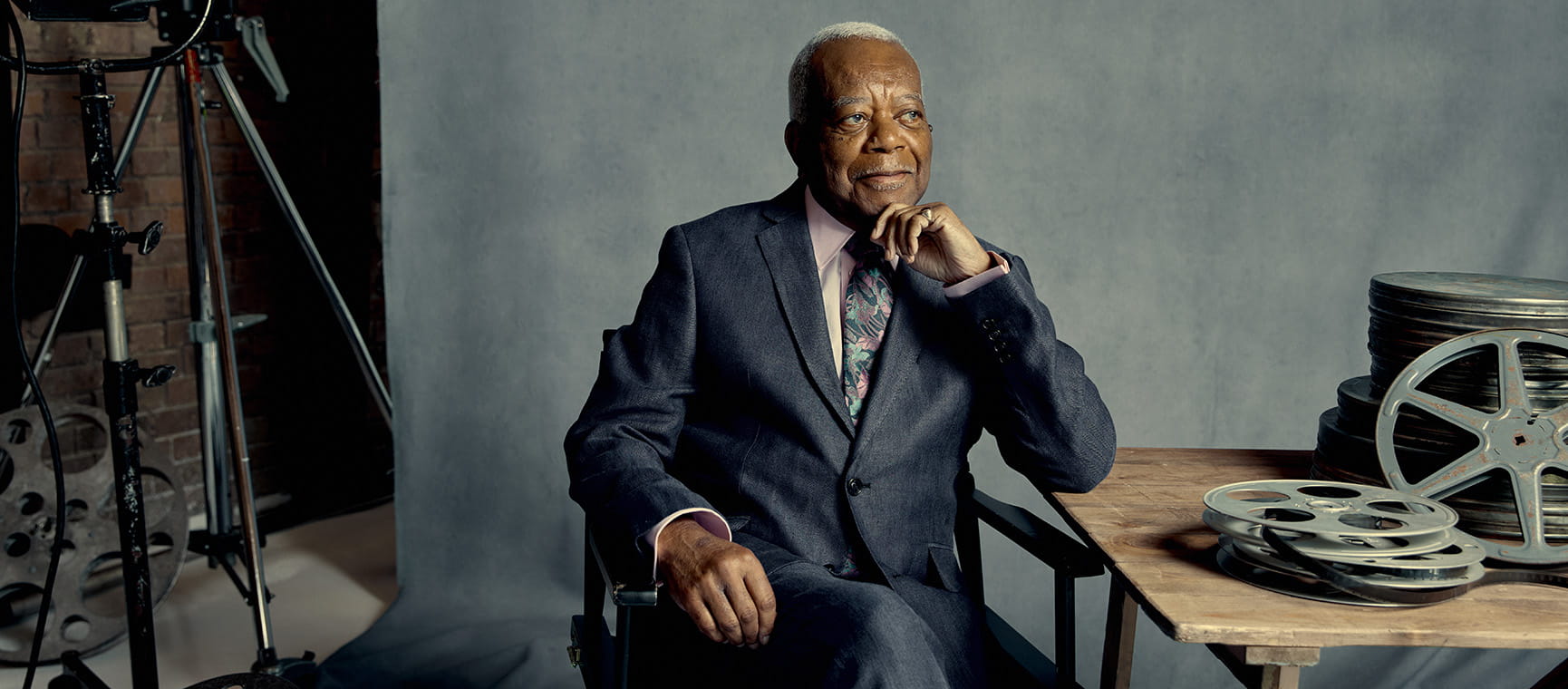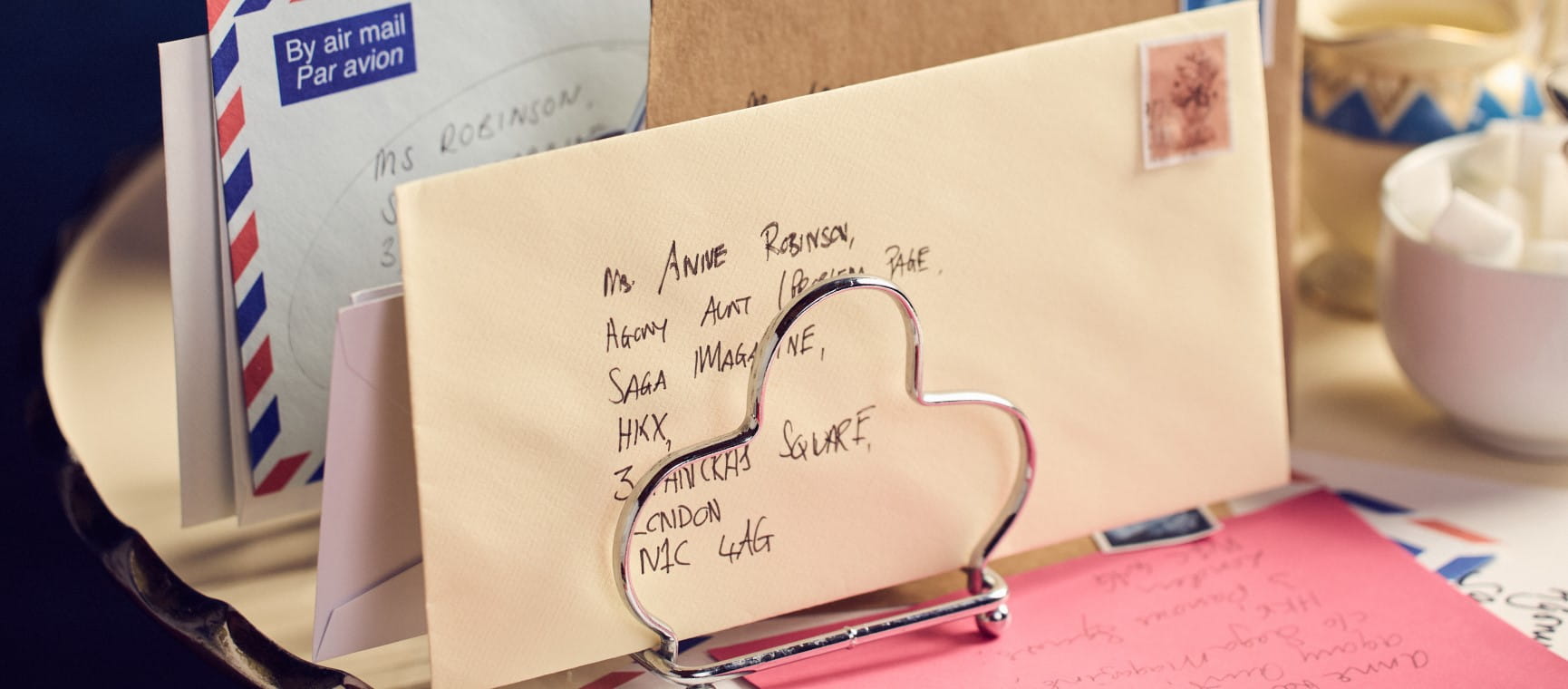
Nelson Mandela’s release on 11 February 1990 gave the world the first glimpse of a man who had been talked about but not seen for nearly 30 years, since being locked away – as prisoner 46664 – in a prison on Robben Island, South Africa.
That night I anchored the main ITN news from the top of a flatbed truck in the heart of Soweto. It was the first ever live TV broadcast made from a South African township, and I struggled to hear myself speak above the ululating waves of noise.
My colleague was escorting Archbishop Desmond Tutu through the throng – they were lifted up, shoulder-high all the way – and when they finally reached the truck, I asked him if Mandela, or any individual, could ever fulfil the hopes of the millions whose joyful voices we had heard all evening.
The archbishop was having none of it. He gently scolded me: it was no time for journalistic scepticism. It was time to rejoice. At that he broke into an impromptu celebratory jig and suggested I join him.
It captured the mood perfectly; News at Ten had never ended with a dance like this before.
The next day, having won the first television interview with Mandela (on the toss of a coin), I now stood outside his unremarkable Soweto house. He was reassuring, warm and dignified as we shook hands. I found it almost impossible to hide the thrill I felt.
It was not difficult to know what to ask. How would he approach an agreement with the ruling, white-run, National Party? Put bluntly, how would he change a political system that had suppressed the rights of black South Africans who made up more than 75% of the population?
His reply became his mantra: “Once you begin to talk seriously, everything is possible.”
That, by the way, is not a bad message for contemporary politicians. Surely, I said, it was possible to imagine agreement on some small issues, but on the thornier fundamental points, agreement was almost impossible.
He said it again: “If you are prepared to sit down and talk seriously, everything is possible.” Nothing I raised on the problems facing the country could change his view that a willingness to talk and compromise made things possible.
I was anxious to hear from him about the horrors of a 27-year jail sentence. How does one survive so much time away from family? That got me nowhere.
“That’s all in the past,” he said. “We must now look to the future.” Not until I met him five years later did he complain about our lights being too bright because he had splinters in his eyes from breaking rocks on Robben Island.
Outside his house a large crowd had gathered hoping to hear their leader talk – to give an expansive declaration on freedom and economic prosperity at the dawn of a new South Africa.
Reluctantly, Mandela agreed to speak to the crowd, largely made up of children who had been boycotting classes at school because of unequal treatment in society. With [ANC deputy president] Walter Sisulu, Mandela told them: “I have one thing to say to you today: go back to school. Walter and I are old men now and we won’t be here for long. The future belongs to you.”
That was quintessential Mandela. He was not given to political grandstanding; he was inspirational because he spoke honestly, simply and directly to everyone listening.
Five years on when the country hosted the Rugby World Cup at a stadium representing the spirit of white Afrikaans sport, he walked onto the pitch in the shirt of the white South African captain, Francois Pienaar. It was a most amazing gesture to show the world his vision of the new South Africa.
He was true to that to the end.
Sir Trevor McDonald is best known for presenting ITN’s News at Ten, Tonight with Trevor McDonald and documentaries on subjects as varied as Death Row, UK killers and the Caribbean.
He was knighted in 1999 for his services to journalism and has received many awards for his work. He has been named Newscaster of the Year three times and received Honorary Degrees from more than eight Universities.

For over four decades, Saga Magazine has been bringing you inspiring stories, trusted advice, and articles that matter. Now you can enjoy every issue delivered to your door at our lowest-ever price.

The ultimate guide to Saga Puzzles, full of technical tips, tricks and hints.

With the start of the new financial year on 6 April, our money expert explains the changes to your pension, benefits and taxes.





